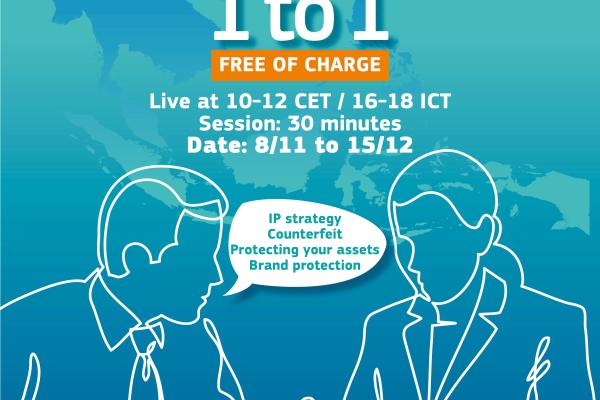Definition
Like an innovation patent, a utility model provides its owner with a monopoly right over an invention, this is the right to prevent others from exploiting the claimed invention without the owner’s consent. Utility models are sometimes referred to as “short-term patents”, “utility innovations” or “innovation patents”.
Utility models are territorial, i.e. the right can be enforced only within the country in which a utility model is granted. Generally speaking, utility models are used for protecting those inventions that involve small improvements or adaptations of already existing products. They are also useful for products that have a short commercial life due to the lower registration costs compared to patents.
It is difficult to define a utility model, since it may vary from one country to another. The differences may concern for instance the protection term (6 to 10 years) or the registration process. Many countries allow the conversion of a patent application into a utility model application. However, in some countries there is a time limit for doing so. If a patent application is refused, some countries allow the patent application to be converted into a utility model within a certain period after the refusal.
Resources about utility models
Europa IP Helpdesk
Latin America IP Helpdesk
South-East Asia IP Helpdesk
There is no European or international utility model protection. The rules for utility model registrations vary from country to country.
The main differences between utility models and patents are the following:
- Requirements; are less stringent for utility models than for patents. Novelty is required in all countries, however some only require local novelty while others global. Regarding the inventive step criteria (or non-obviousness) the threshold is lower or even totally absent.
- Term of protection; utility models have a shorter term of protection depending on the country (6 to 15 years).
- Registration process; the utility model registration process is faster than the patent one since most IP Offices do not make a substantial examination of utility model applications. It normally takes 6 months up to a year to register a utility model.
- Fees; normally utility models fees are lower.
- Legal restrictions; it is possible to find some legal restrictions for utility models, limiting them to certain technology fields or to products but not to processes.
Yes, when a European patent is revoked, or when a European patent application is rejected or withdrawn.
This possibility exists in some countries. For example, in Germany it is possible to obtain and keep both a patent and a utility model for the same invention. If a utility model is branched off from a patent application, the patent application can continue to be pursued to the grant stage as well. However, in other countries, such as Japan and China, only a single right for the same invention is allowed to remain in force.
Yes, it is a common practice to do a parallel registration of an invention as a utility model and a patent. Since patents in China do not offer legal protection during the registration process (only after it is granted), companies do a parallel registration of a utility model and a patent. The purpose is to take advantage of the shorter registration time of the utility model as a method to obtain legal protection over the product. Once the patent is granted, the utility model is discarded.
Protection lasts 10 years from the filing date.
Latest news

Some GI-related ideas for your Xmas meals

Increasing numbers of companies are operating in international environments. When expanding into fresh markets, it’s essential to consider protecting your assets, especially your intellectual property (IP) rights (such as patents, trade marks, designs, copyrights, etc.).
Interested in what the future holds for IPR? Check out the latest EUIPO paper discussing the economic impact of the COVID-19 crisis and future trends in IPR-intensive industries.
The EPO has extended its pilot project for conducting oral proceedings in opposition by videoconference until 31 May 2022.

A new frontier for NFTs and latest General Court decision
